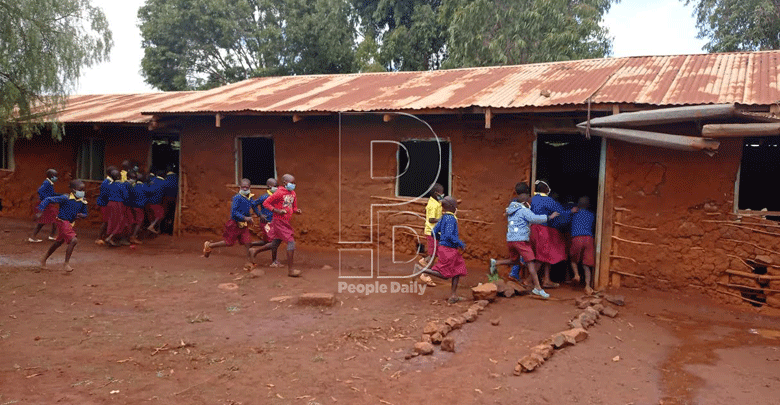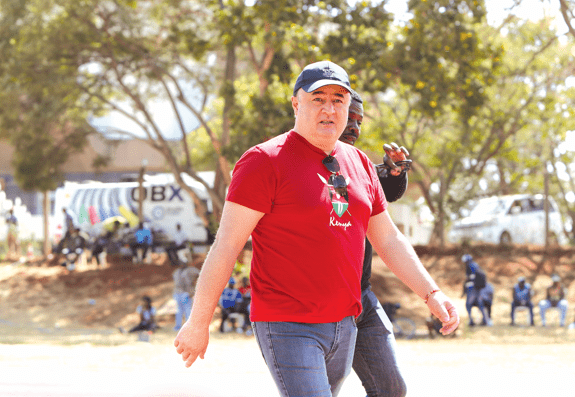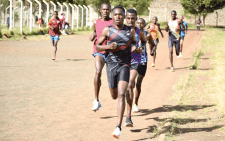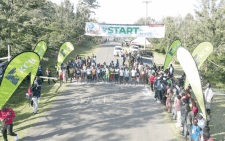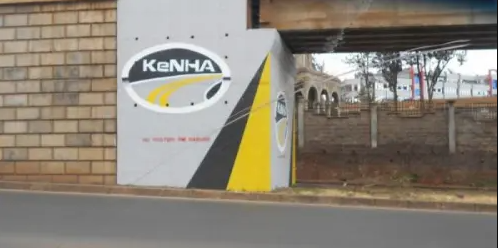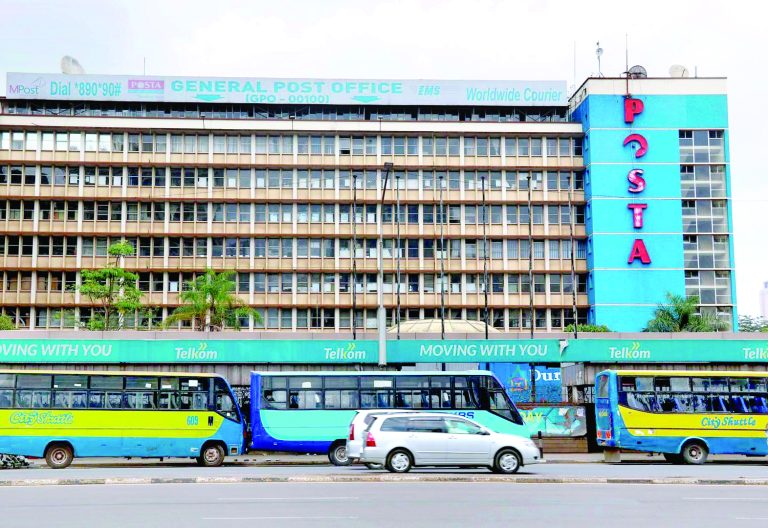How Covid relief fund helped revive my poultry business
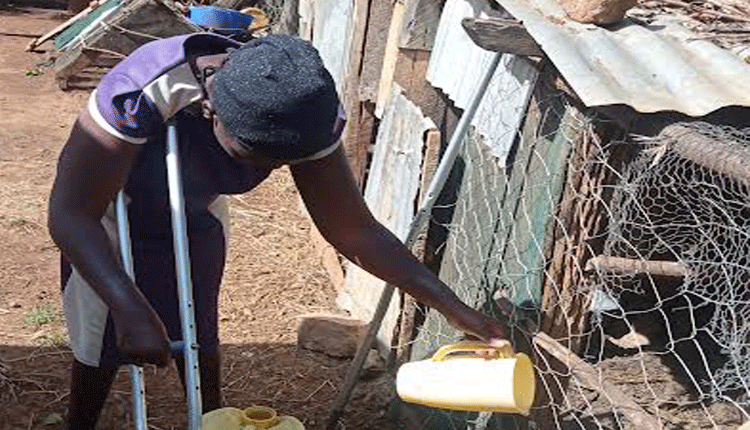
Before Covid-19 struck the country last year, Faith Warui from Mukima location, Laikipia county, was a renown poultry farmer in that area. Despite being a person living with disability (she walks using clutches and has a speech disorder), she had a flock of about 70 mature indigenous (Kienyeji) chicken.
She used to sell eggs to meet her daily and monthly expenses. However, in April 2020, she lost all her stock after an outbreak of Newcastle disease in her area.
Newcastle disease is a deadly viral disease that affects poultry and other birds and it is caused by certain strains of avian paramyxovirus serotype 1 virus. The virus occurs and affects almost all bird species.
“After losing the whole stock, I couldn’t provide for my family anymore. I was forced to start relying on my mother who is a casual labourer.
It was not easy for her since most companies where she used to work had also closed shop. It was a big struggle for us,” says the mother of two.
However, lady luck knocked on her door in June when she was selected as one of the beneficiaries of Habitat For Humanity Kenya (HFHK) cash transfer programme.
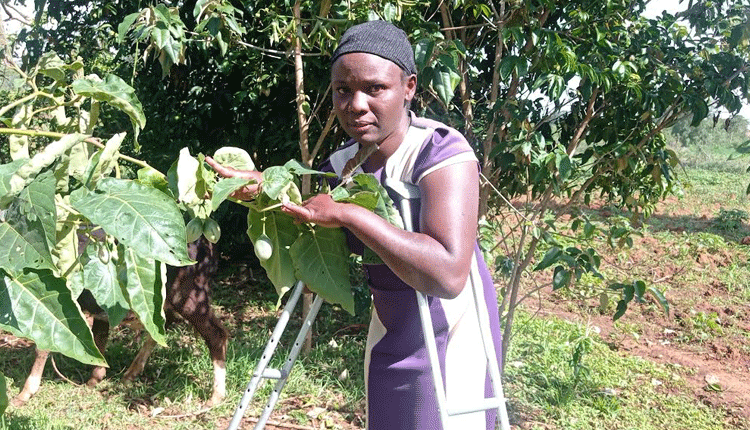
HFHK, is a Non-Governmental Organisation (NGO) that works with vulnerable groups across Kenya to provide affordable housing solutions in partnership with other stakeholders. The programme saw about 160 vulnerable families benefit.
As a beneficiary, she used to receive Sh3,000 every month for six months.
This is the amount she used to revive her poultry business. She bought 12 mature chicken for a start and the stock has now expanded to about 30 chickens, which are in different stages of growth.
She also used some of the amount to prepare a piece of land, which her mother has reserved for her and bought some seedlings.
Now she is a poultry, potatoes and fruit farmer.However, because of her condition, she hires a farm hand to take care of the whole project.
She makes Sh250 per day, thrice a week depending on the chicken productivity.
“I thank God I am back on my feet though not fully. At the moment I can ascertain that I am self-reliant.
The poultry project is an income-generating project and has been helping me get enough money for my family’s upkeep,” says the 35-years-old.
She says that if all things go well she will never rely on her mother and well-wishers again.
She intends to make this a big venture, which will take care of her family henceforth.Her plan is to expand her poultry business and her ultimate number is 100 mature birds.
“I will concentrate more on poultry farming for egg production, because the project is not a labour-intensive and as a person living with disability it is one of the businesses I can oversee easily,” she offers.
She is also working closely with veterinary to ensure that all her birds are vaccinated on time. Initially, she used not to vaccinate her birds and that is why the impact was that bad.
Faith is not the only beneficiary who managed to do something substantial with the cash assistance she received from HFHK.
According to a study undertaken by the organisation, majority of non-pastoral community beneficiaries of the programme made small monthly savings from the cash assistance they received and they have started some businesses with poultry farming being the most preferred.
However, about 90 per cent of the pastoral community used all the money and did not consider saving.
“HFHK cash programme benefitted about 160 vulnerable families in Laikipia county.
The programme ran for a period of six months and was implemented in six locations namely; Mukima, Kariunga, Naibor, Marura, Majengo, and Kandutura,” said James Waithaka HFHK Programmes Operations Coordinator.
